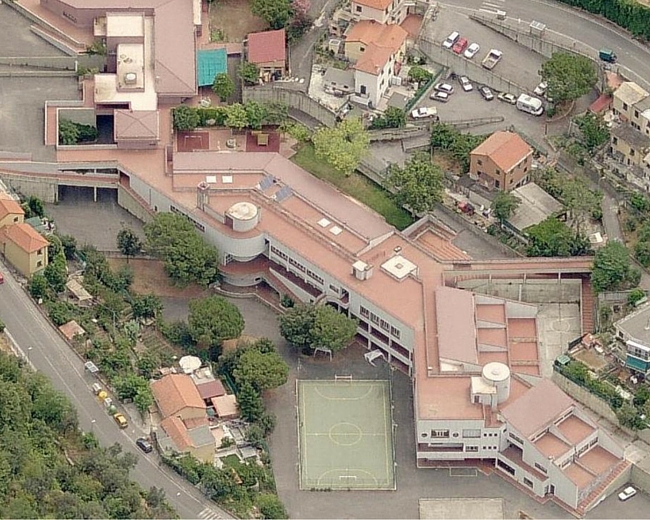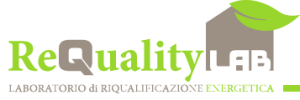
Energy efficient schools
The Municipality of Genoa and ReQuality LAB, which already collaborated under the Association “Genova Smart City”, have subscribed a memorandum of understanding to study the necessary interventions to make schools energy efficient.
At the beginning of 2013 ReQuality produced four diagnosis for the Municipality of Genoa to make energy efficient schools.
Like the vast majority of Italian schools, the four schools identified are in a precarious state of maintenance with exorbitant heating costs, and students and professors live a very low comfort.
The results of the diagnosis are striking: the four buildings can become independent and produce almost all the energy needed, the Municipality would eliminate the costs of heating and, with the same funds, finance investments.
With these documents, now the Municipality of Genoa is in dialogue with the European Commission to find the necessary financings in order to realize the participations.
The four selected buildings presented different types of school and they are located in different part of the city: S. Eusebio, Molassana, Sampierdarena and Prà.
Therefore these are hilly areas of the immediate urban hinterland, but also densely built areas of the west of the city, with different microclimates.
What the buildings have in common, however, is the possibility of great improvements, which seems logical because they are equipped with old and poorly insulated fixtures, walls and ceilings in a terrible state of maintenance and with roofs not insulated.
ReQuality is required to make four complete energy diagnosis that clearly describe the state of the structures and to identify possible interventions to make schools energy efficient, by specifying their feasibility, overall costs, savings and return on investment time.
We are describing a work of about six weeks, with a complete elaboration of data and photography. All the four buildings have a class G.
They also present possible risks for students and professors, as well as low healthiness and air quality.
ReQuality proposes various interventions that, in summary, include the installation of photovoltaic systems on the roofs, decisive insulation of buildings thanks to external coats on the walls, replacement of old fixtures with new high-performance ones, forced ventilation with heat recovery.
Once insulated to the highest standards, school buildings drastically reduce the energy requirement that can be produced by high-performance machines such as heat pumps; in their turn the heat pumps are powered by electricity (not gas or other fossil fuel) that the school produces itself thanks to the photovoltaic system on the roof.
Thanks to these interventions, the buildings become substantially autonomous, and they obtain A+ energy class .
The investments assumed are important, a total of more than 5 million euros, about 1.4 million for building; it is still about 170 € for square meter (for the important size of the buildings).
However, considering the elimination of energy costs, the investments pay off in a period between 13 and 20 years. At the same time, the school is completely restored and renovated, and will not require extraordinary interventions for the next 20-30 years.
It also improves acoustic comfort and thermal well-being, the quality of the air. Therefore, safety problems are solved by eliminating all the risks.
With the material produced by ReQuality, the Municipality of Genoa has introduced a request for financing to Europe, a call named ELENA (link c.europa.eu/environment/ecoap/about-eco-innovation/policies-matters/eu/535_it.htm). It’s a call for local authorities with the aim of studying how to implement energy efficiency projects and renewable energy installation, financed by BEI, the European Investment Bank.
Once the project will be realized, it will be a case of excellence in the international arena , which can be a future example of energy saving, environmental protection, health protection of our children.
